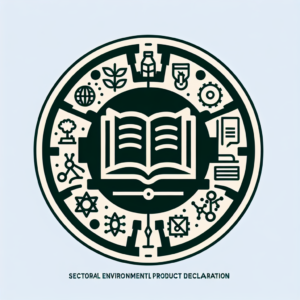Here’s the translation to American English:
—
Artificial intelligence (AI) has generated a wide range of expectations and concerns in recent years. From the promise of solutions to complex problems to fears that it could lead to job loss or threaten humanity, the debate has become polarized. However, experts like Arvind Narayanan, a computer science professor at Princeton University, warn that many of these perceptions are inaccurate or exaggerated.
In a recent talk, Narayanan explored the reality of AI and what it can and cannot achieve. Contrary to the apocalyptic vision held by some, the professor argues that AI is not designed to replace humans in most everyday tasks. This is because many of those functions require an understanding of context and the ability to make decisions in dynamic situations, something machines still cannot replicate.
Narayanan and his colleagues emphasize the need to establish limits and regulations on the use of AI. They assert that, if managed properly, AI can be an empowering tool. However, they also warn about the risk of allowing predictive algorithms, which are used in areas such as criminal justice and job recruitment, to make crucial decisions without proper oversight, as they can perpetuate existing biases and inequalities.
One of the most promising areas for AI is its integration into the education sector. Narayanan sees great potential for personalizing learning, providing each student with support tailored to their individual needs. Nevertheless, he underscores that these benefits will only materialize if the necessary reforms are implemented in educational systems and appropriate training is provided to teachers.
Regarding fears of a potential “AI apocalypse,” the expert highlights that many of these fears stem from a misunderstanding of the link between technology and society. Current AIs, rather than predicting behaviors infallibly, rely on historical data that may be biased or incomplete. Therefore, the ethical development of AI should focus on not replacing human decision-making.
In conclusion, the conversation about AI must move away from apocalyptic scenarios and focus on how to use this technology responsibly and effectively. With appropriate regulation and special attention to education and human oversight, it is possible for AI to become a powerful tool for improving quality of life and addressing complex problems.
Referrer: MiMub in Spanish











